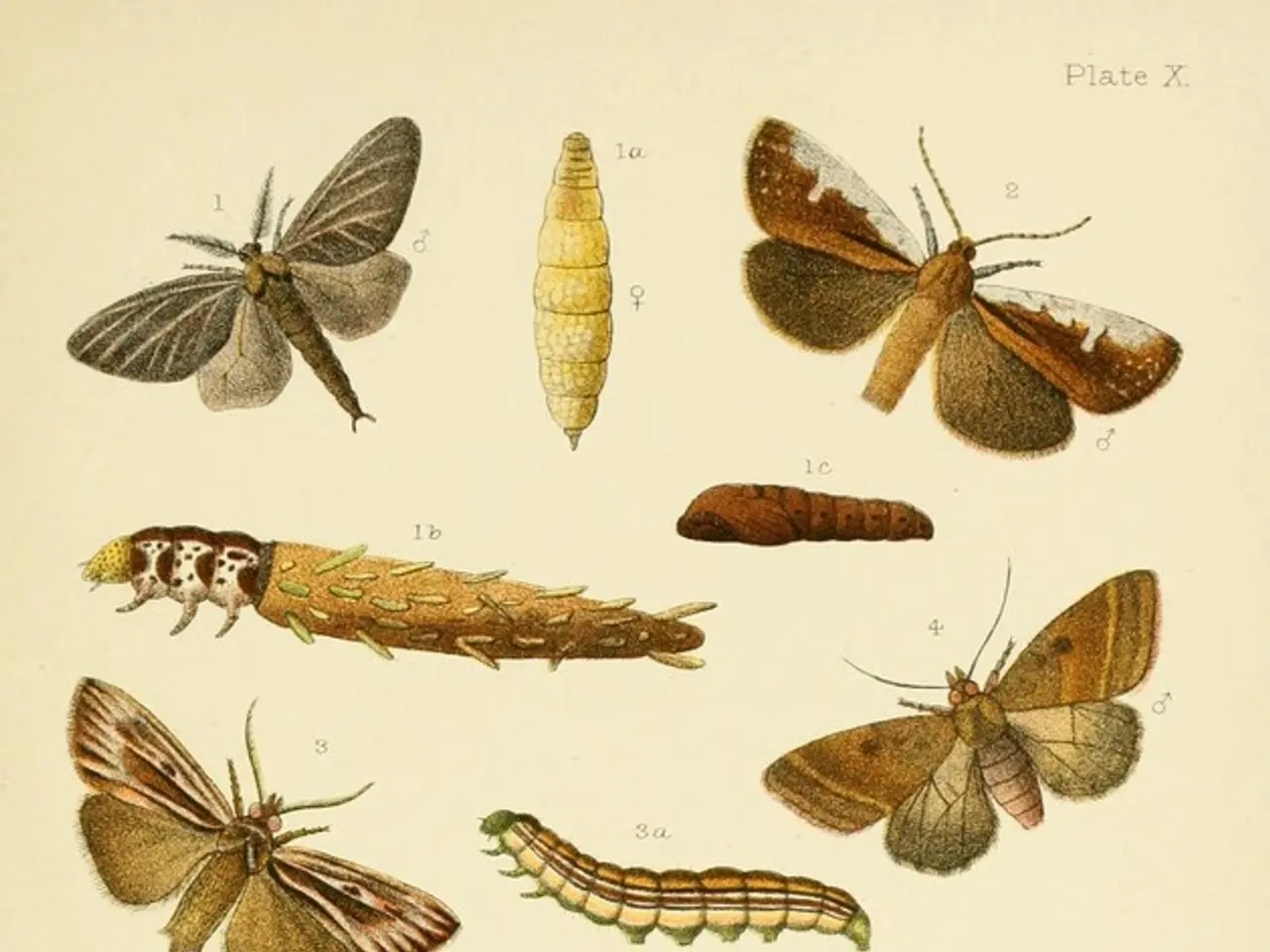Symptoms, Preventive Measures, and Strategies for Dealing with Measles
Measles is a highly contagious viral infection that primarily affects the respiratory system. It is caused by a virus from the Paramyxoviridae family and is known for its distinctive rash, fever, and cough.
The virus can spread through the air when a person with measles coughs or sneezes, making it easy for the infection to spread in crowded places. The incubation period for measles is usually 10-14 days.
Symptoms of measles include a widespread rash, fever, cough, runny nose, eye irritation, sore throat, and white spots inside the mouth. During the incubation period, nonspecific measles symptoms may appear, such as fever, cough, eye irritation, and runny nose. The measles rash typically lasts 6 days, but it may last up to 21 days.
For acute symptoms like cough and fever, a healthcare professional may recommend over-the-counter medications, rest, drinking plenty of fluids, using a humidifier, and adding vitamin A supplements to your routine. However, it's important to note that these measures do not treat the virus itself, as antibiotics do not work for viral infections.
Prevention is key in controlling the spread of measles. Children can receive their first vaccination at age 12 months, or sooner if they are traveling internationally, and their second dose between the ages of 4 and 6 years. The measles-mumps-rubella (MMR) and measles-mumps-rubella-varicella (MMRV) vaccines help prevent against both measles and rubella.
It's worth mentioning that Rubella, also known as German measles, is a different virus than measles but can cause serious complications during pregnancy. Pregnant people who don't have immunity to measles may develop the infection if they are exposed to the virus and may be at higher risk of complications such as pneumonia, pregnancy loss, preterm labor, low birth weight, stillbirth, and congenital measles.
In rare cases, the measles vaccine has been linked to low platelet count or seizures. However, the benefits of vaccination far outweigh the risks, as children under age 5 years are more likely to develop complications of measles if they aren't vaccinated.
The measles vaccine was invented by John F. Enders and his colleagues, who developed the first effective live attenuated measles vaccine in 1963. Vaccination is not recommended for people who have had a previous life-threatening reaction to the measles vaccine or its components, are pregnant, are immunocompromised, or are taking medications that suppress the immune system.
If you have been exposed to the virus that causes measles, a healthcare professional may administer a measles vaccine or prescribe immune proteins called immunoglobulin within 72 hours or 6 days of exposure, respectively. It's crucial to seek medical attention promptly if you suspect exposure to measles.
Measles is a serious disease that can lead to severe complications, including pneumonia, encephalitis, subacute sclerosing panencephalitis, pregnancy-related effects, and death in vulnerable individuals. By understanding the symptoms, transmission, and prevention of measles, we can take steps to protect ourselves and our communities from this highly contagious virus.






